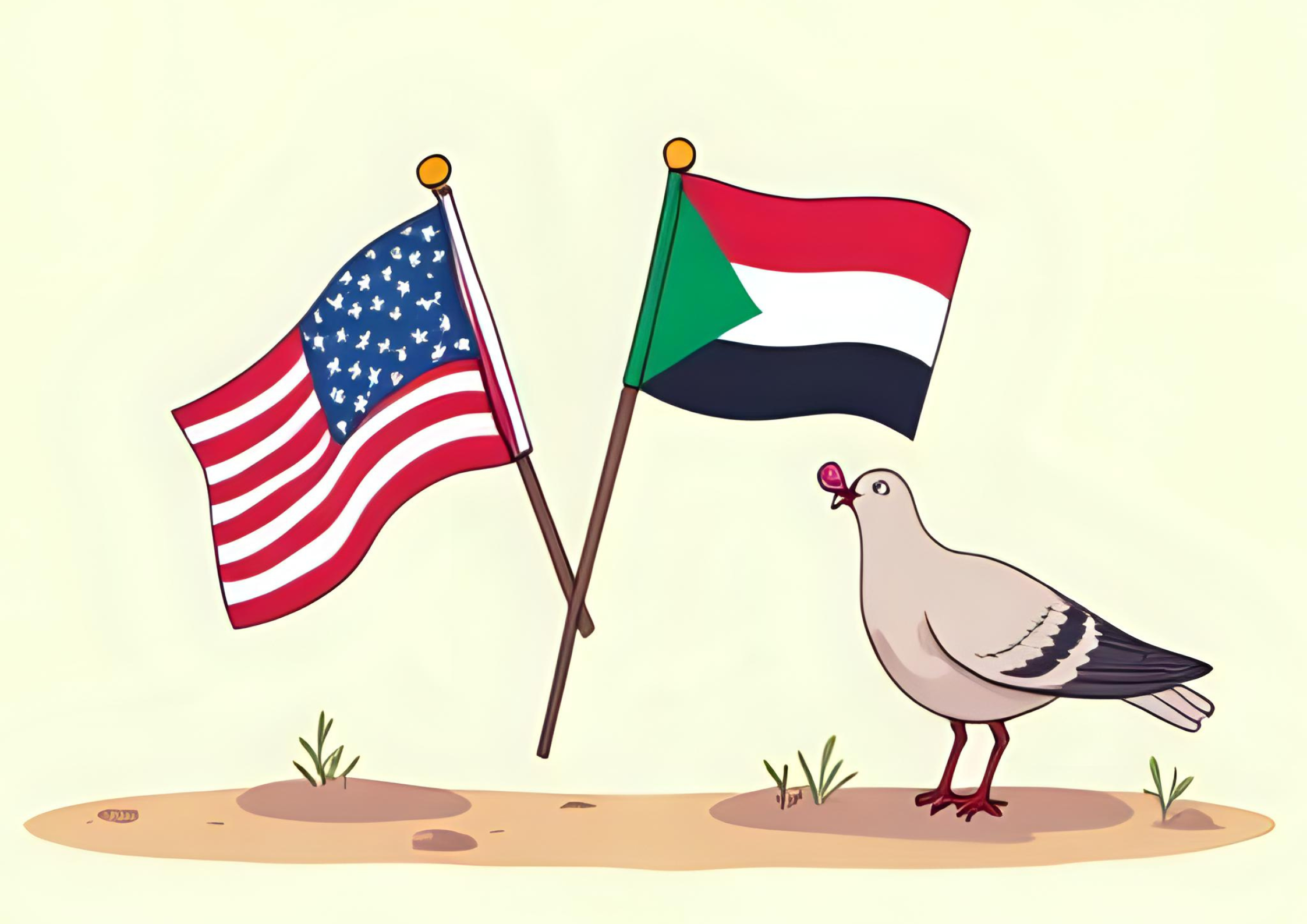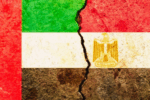Peace without a plan: Insights into the US peace deal
25 Septemebr 2025
Last week in Washington DC, senior officials from the US State Department convened in a series of closed-door meetings with Sudanese civil society representatives, international actors, and policy experts. At the centre of these discussions was Sudan’s brutal conflict – now deep into its second year, marked by escalating atrocities and growing regional instability.
According to a source privy to the discussions who spoke to Ayin on the condition of anonymity, the meetings revealed the Trump administration’s dual approach: pressing for a ceasefire and regional engagement, while placing strict limits on U.S. involvement in Sudan’s political future. “Senior officials are working on Sudan,” the source explained. “They made clear the administration is pushing to stop the war and reach a ceasefire, by pressuring the warring parties and engaging regional and international players.”
US Special Envoy for Sudan, Massad Boulous, told reporters at the annual United Nations General Assembly that this pressure may bear fruit, as the US is now holding discussions with the military and paramilitary Rapid Support Forces to agree on general principles for future peace negotiations. “The status quo is such that nobody has the upper hand so they’re both ready to talk,” Boulos said. “Hopefully we should be able to announce something very soon.” Bolous warned that the conflict posed a broader regional threat and emphasised the urgent need for a peaceful settlement. “We do not want the conflict to spill over to neighbouring countries,” he said in an interview with Al-Jazeera.
While Washington may support a ceasefire, the US will not present a roadmap for Sudan’s political transition. Officials emphasised that Sudanese actors will determine their course of action once they secure a ceasefire. Just as striking, the administration confirmed that it would not provide economic support for initiatives aimed at restoring a civilian-led government.
The source also said that some state department officials privately voiced concerns over President Trump’s stamina on issues that demand prolonged engagement. “There is unease about his commitment when a conflict drags on, as we’ve seen with Ukraine,” the source noted.
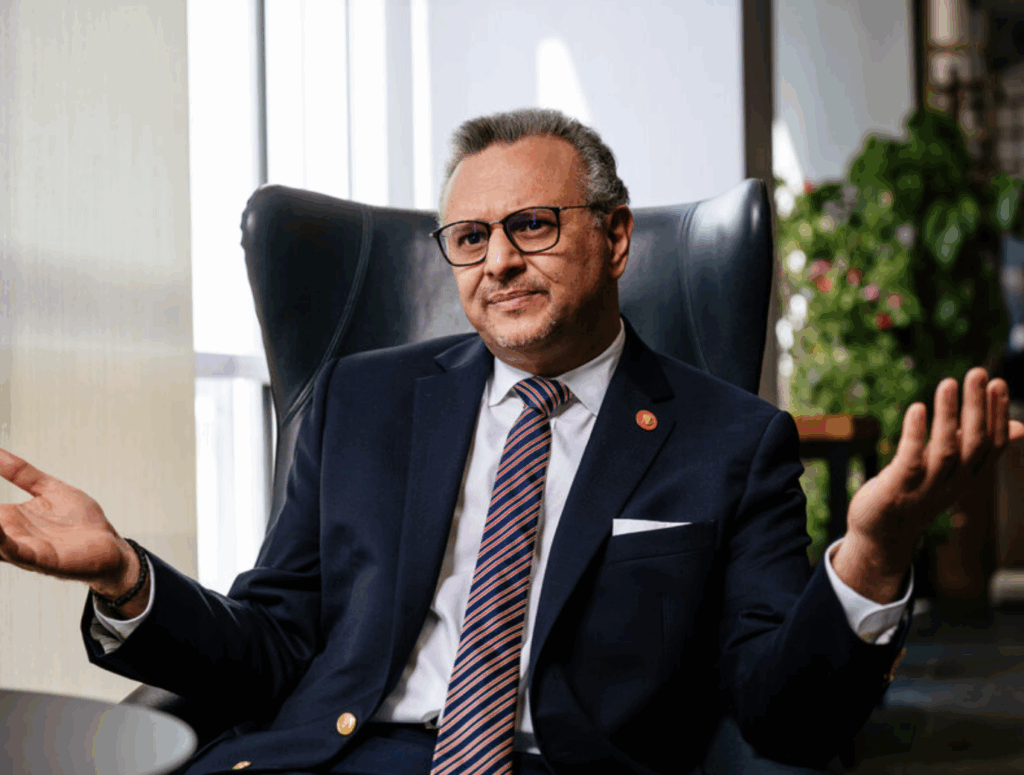
Regional narratives and power plays
The source further revealed that the United Arab Emirates has advanced a narrative linking Sudan’s paramilitary Rapid Support Forces (RSF) to broader regional struggles against Iran, Hamas, and the Muslim Brotherhood. With Israel shaping much of the momentum in Washington, this framing has resonated, influencing both Saudi Arabia’s and Egypt’s positions.
While Riyadh and Cairo still lean toward supporting the Sudanese Armed Forces (SAF) as a national institution, they are increasingly reluctant to back the army as the governing authority. “This shift is considered a win for the UAE,” the source explained, underscoring how regional alliances are reshaping the balance of international support. The source added that Washington and Israel share a single red line: no Islamist presence in Sudan’s future governance.
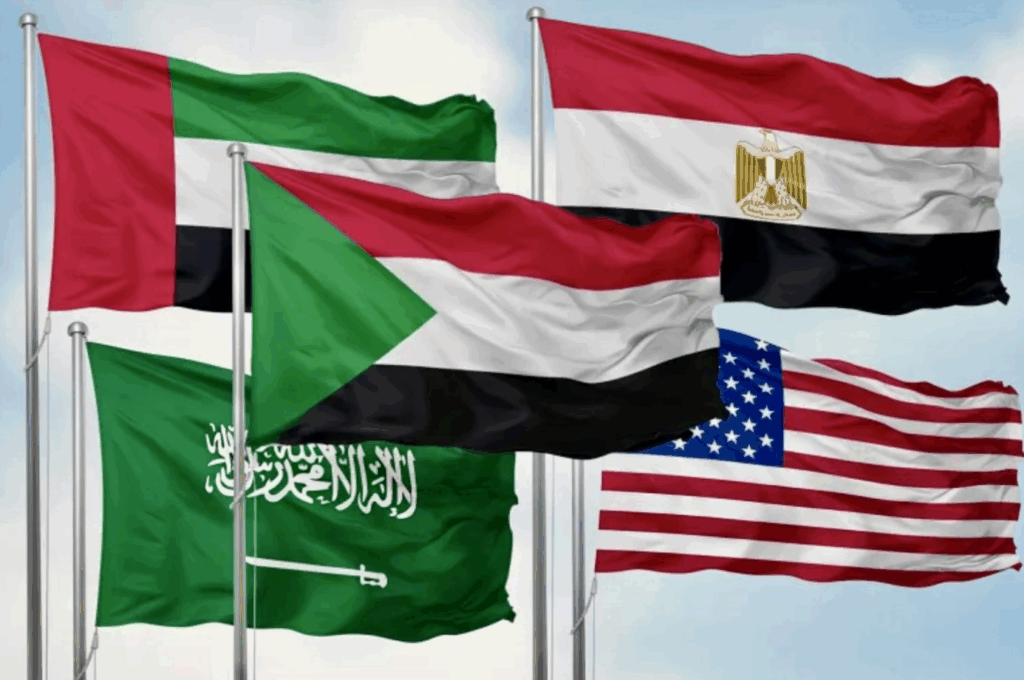
The Quad’s breakthrough
A major diplomatic milestone came with the Quad—comprising the United States, Saudi Arabia, Egypt, and the United Arab Emirates—issuing a unified statement after months of internal divisions. For weeks, Washington had struggled to bridge the gap between Cairo and Abu Dhabi, with their differences repeatedly delaying joint action and stalling a public position on Sudan.
The source confirmed to Ayin that the UAE ultimately succeeded in bringing both Egypt and Saudi Arabia closer to its stance, paving the way for consensus. On September 12, 2025, the Quad released their long-awaited joint statement that denounced any role for Islamists, including the former ruling National Congress Party in the country.
This position was later reflected in the U.S. actions, with sanctions imposed on the Al-Bara Ibn Malik Islamic militia fighting alongside the SAF and on Jibril Ibrahim—Sudan’s de facto minister of finance and leader of the Darfuri armed group— for his coordination with Iran.
Beyond the Quad, Washington has also quietly explored cooperation with Qatar, based on Doha’s mediation role in the Congo-Rwanda deal, which paired political facilitation with an economic package. But progress has stalled amid the unwillingness of Sudan’s warring parties—and their supporters—to engage in serious negotiations.

Congressional pushback
A draft resolution introduced by the U.S. Congresswoman Pramila Jayapal sought to press the administration to withdraw recognition of General Abdel Fattah al-Burhan’s de facto government in international organisations, including the United Nations. The resolution also called for expanding the UN arms embargo beyond Darfur to cover the entirety of Sudan.
The effort, however, failed, reflecting both the administration’s reluctance to escalate pressure on the army leadership and the limited appetite in Congress to pursue a more assertive line with Sudan.
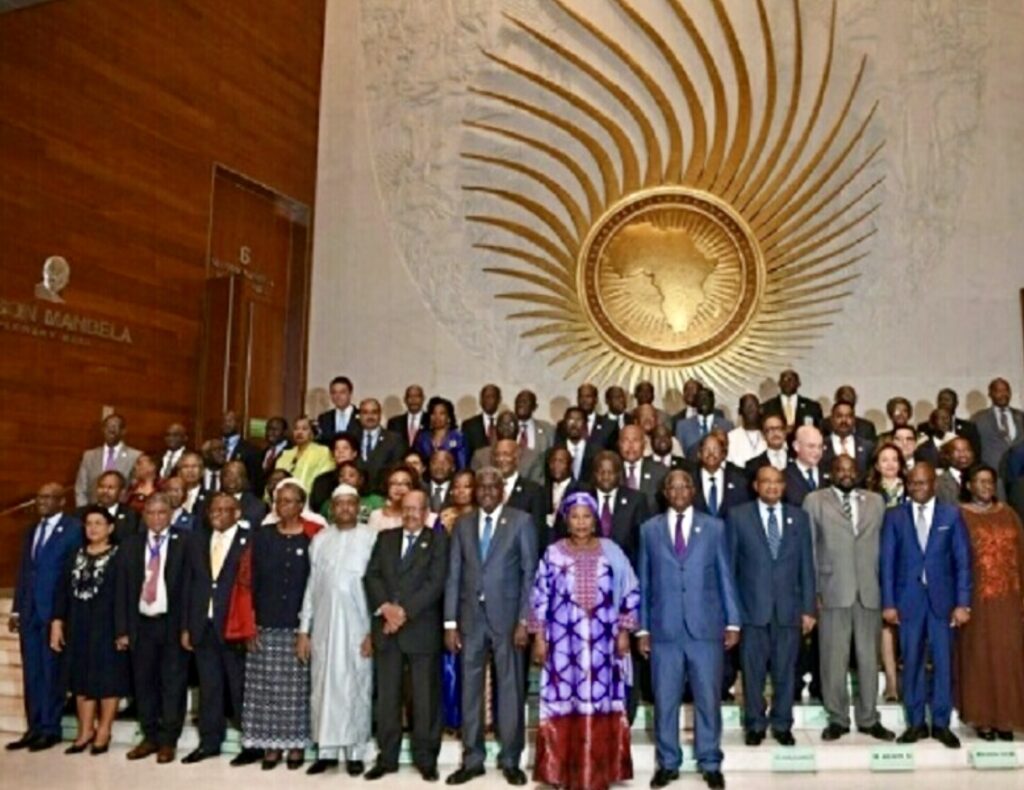
The African track
Parallel to U.S. and regional manoeuvres, African institutions are pushing for their own initiatives. An African diplomat told Ayin that both the African Union (AU) and the Intergovernmental Authority on Development (IGAD) were finalising a proposal rooted in the Jeddah Declaration.
The plan begins with a ceasefire and moves toward a Sudanese-Sudanese political dialogue, tentatively scheduled for October. But the diplomat cautioned that the proposal’s effectiveness hinges on the willingness of the warring parties. “There cannot be negotiations without their full participation,” the diplomat said.
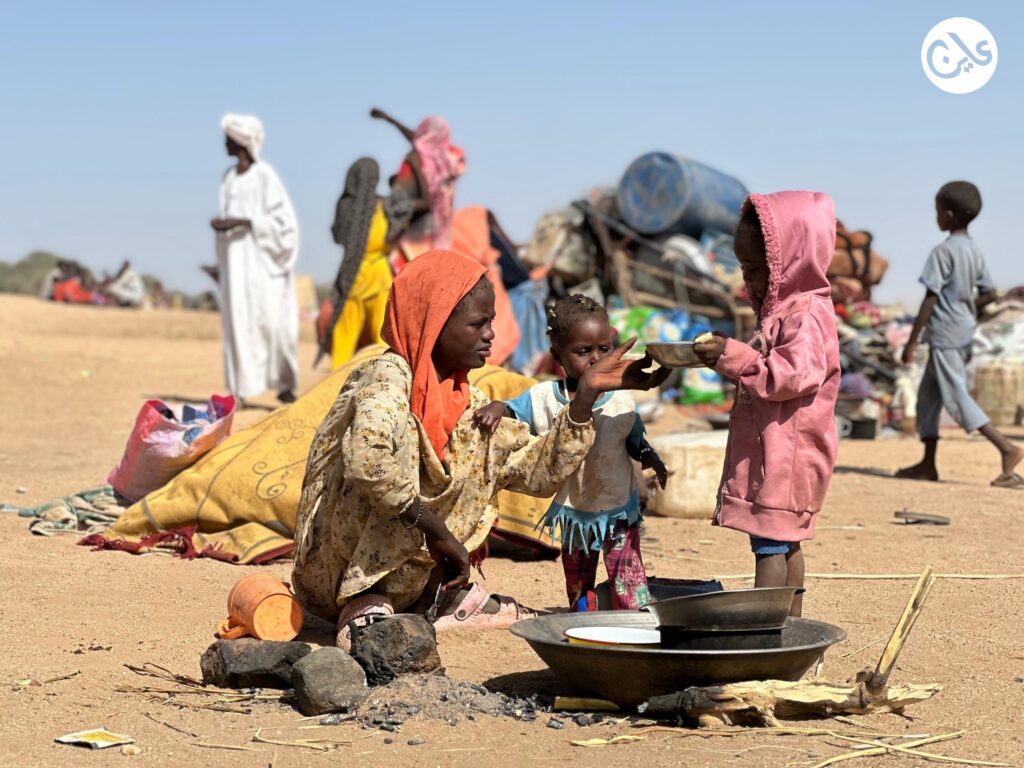
A fragile balance
The closed-door meetings in Washington exposed the fragile balance shaping U.S. policy on Sudan. The Trump administration is exerting pressure for a ceasefire, aligning itself with regional allies, and publicly ruling out Islamist participation in Sudan’s governance. Yet it has also drawn clear boundaries: no imposed roadmap, no economic support for restoring civilian-led rule, and limited patience for a protracted process.
For Sudanese actors, this signals both opportunity and peril. Washington’s focus on halting the war offers a potential opening for peace, but the absence of sustained backing for a democratic transition leaves the country’s long-term trajectory uncertain. In the words of the source familiar with the meetings: “They want the fighting to stop, but what comes after–that’s for the Sudanese to figure out alone.”


